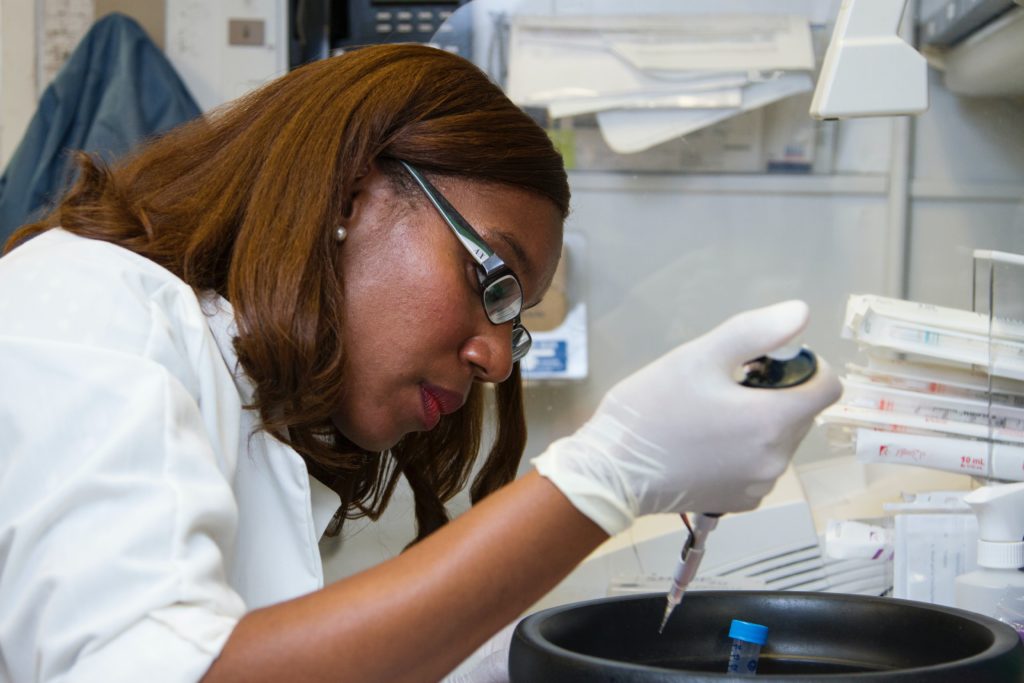What are Early Assurance Programs for Medical School?
Many high school students dream of being doctors one day, and go to college to be pre meds, taking the first step on the long road to medicine. As challenging as college admissions is, admission to med school is even harder, with acceptance rates under 5% for top programs.
This creates a lot of stress for students, who need to work incredibly hard to insure acceptance. Many seek to find a place for themselves in medical programs early. Some turn to BS/MD programs, but these are more competitive still for admissions. There is another option, however. Early Assurance Programs are offered by some universities. These allow you to apply to medical school early, and save a space for you, reducing anxiety through the remainder of undergrad. In this article, we’ll cover what these programs are, and how to apply to them. We’ll also include a sample of these programs at some of the nation’s top colleges. Let’s get started!
Early Assurance Programs Explained
While the specifics of these programs vary by school, they generally take similar forms. Early Assurance Programs allow talented students to apply to a partnered medical school while they are still undergraduates, usually at the end of their sophomore year or the beginning of their junior year.
Much like Early Decision applications to colleges, EAPs commit you to attend the program if you are admitted. Students consider this a fair trade, as they do not have to go through the difficult process of medical school admissions.
Acceptance to these programs is generally conditional. All schools require you to maintain a minimum GPA (though the actual GPA they want varies), and complete all required coursework by the end of your undergraduate career. Some schools also require you to score above certain marks on the MCAT, or simply to take it at all, since these applications are due well before most students take the MCAT.
The prerequisites for these programs vary, but generally require that you have completed certain foundational courses in math and the sciences, and have a high GPA, with no individually low marks. Most also require you to show interest in medicine through your extracurriculars, just as standard medical school admissions does.
In return, once you are accepted, you enter the associated medical school right out of undergrad. Most Early Assurance Programs are run by universities which have an attached medical college, but not all are. You proceed through medical school at normal from this point.
Early Assurance Program Admissions Requirements
The exact requirements depend on the individual program, but there are some commonalities. We discussed prerequisites above, but in this section will go over the materials you are expected to provide.
When applying, some schools require you to use AMCAS (American Medical College Application service – like the Common App but for medical schools), while others require you to apply directly through the school’s internal portal. Both require you to fill out general information about you, and your grades, but are not too difficult to deal with.
All applications require a medical school personal statement; most schools require supplemental essays as well. We cover these essays more in our guide to med school admissions.
These programs also require letters of recommendation from professors, and a history of engagement with medicine related activities outside of class. These include:
- Shadowing doctors
- Clinical experience
- Volunteering
- Scientific research (this does not necessarily need to be related to medicine)
Admissions officers understand you’ve only had a short time to get involved relative to applicants to medical school generally, but still want to see that you’ve made the effort. While you may not have the fullest resume at this point, you should be involved. Your school will have an office of pre med advising on campus, these can help you find opportunities to get involved with these activities, and we recommend you connect with them.

List of Early Assurance Programs
This is not a full list of Early Assurance Programs, but is an overview of ones which may be found at some of the nation’s top schools. Not every university offers an Early Assurance option; indeed, they are somewhat rare. If this appeals to you, however, you should consider adding these schools to your college list.
Dartmouth
Juniors at Dartmouth are eligible for the Geisel Early Assurance Program, which accepts up to five students each year. These students are admitted into Dartmouth’s medical college without needing to take the MCAT. You must be on track to graduate on time, and be able to complete all pre med courses by graduation. You may still apply to Geisel normally if you are rejected from the Early Assurance Program.
Georgetown
Students at the end of their sophomore year may apply to Georgetown’s Early Assurance Program, which offers early admission to Georgetown’s school of medicine. You must have completed four of five required pre med courses by the time of your application. You must finish your time at Georgetown with a 3.6 GPA to matriculate into the medical school. You do not need to take the MCAT if you are accepted into this program.
Northwestern
Students at Northwestern have access to the Northwestern Undergraduate Premedical Scholars Program (NUPSP). This allows students to apply to the Feinberg School of Medicine while an undergraduate at Northwestern. Students apply in their third year, and six to eight students are accepted each year. If you are accepted into the program, you are not required to take the MCAT. You need a GPA of 3.7 or above to apply to the program, and must have completed all required coursework.
Princeton
Students at Princeton have access to several Early Assurance Programs to medical schools which have entered a partnership with Princeton. These must generally be applied to in your sophomore or junior year, and bind you to attend a single medical school, though they alleviate the need to take the MCAT. Princeton is the only school in the Ivy League which does not have an attached medical school.
Tufts
Talented students in their sophomore year may apply to and receive early acceptance into Tufts’ medical school, veterinary medicine program, and dental medicine program. The early admissions programs allow talented students into medical school without needing to take the MCAT, and to begin their graduate studies early. Students who are accepted into these programs are expected to maintain the same level of academic performance, failure to do so can cause acceptance to be revoked. Students apply in their sophomore year, and make a final commitment at the end of their junior year. Only a few students are accepted into these programs each year.
Tulane
Tulane has several early assurance programs which allow students guaranteed admission into Tulane’s Medical School from undergrad. One is the Creative Premedical Scholars Program, which is for students who wish to major outside the sciences while pursuing medicine. You apply in your sophomore year, and must have a GPA of 3.6 or better, with no grades below a B-.
UChicago
The Professional Option in Medicine program allows students to apply to and begin taking med school courses by their fourth year of undergrad. This is a competitive program, and has a minimum GPA of 3.7 and MCAT percentile of 93. Students apply during their third year of undergrad, and must have at least 33 credits by the end of that year. After their first year of medical school, students earn their undergraduate degree.
Wake Forest
Wake Forest School of Medicine offers an Early Assurance Program, which allows highly qualified students to apply to medical school after their sophomore year. The deadline for applications is November 1 of your junior year. You must score at least a 509 on the MCAT to matriculate into the med school if you are accepted under this program. You need a minimum GPA of 3.5 to apply for this program.
Final Thoughts
Being a doctor is a noble goal, though the road to becoming one is very hard. While this route is not necessarily easier than applying to medical school, it does relieve many of the pressures that come with medical school admissions. We hope that by introducing this as an option, you are better able to find opportunities which support your academic desires.
If you want help applying to one of these colleges as a pre med, or if determining if applying as a pre med is the right choice for you, schedule a free consultation with us today. We have a long experience helping students on their academic path, and are always happy to hear from you.








